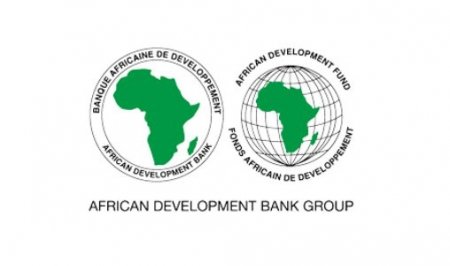The African Development Bank (AfDB) has approved a new financial package exceeding €300 million in favor of Morocco, reinforcing a strategic partnership aimed at boosting inclusive economic growth and enhancing the country’s resilience to external shocks, particularly climate-related ones.
The funding will be allocated to two key programs:
€181.8 Million for Economic Governance and Climate Resilience (PGRCC II)
This program aims to:
Strengthen Morocco’s economic competitiveness
Promote private sector investment
Modernize strategic sectors such as water and energy
Enhance Morocco’s climate change adaptation and response capacity
The initiative aligns closely with Morocco’s New Development Model, especially through the implementation of the new Investment Charter.
€119 Million for Entrepreneurship and Job Creation (PAFE-Emplois)
The second component focuses on:
Supporting entrepreneurship, particularly among youth and women
Enhancing support systems for very small, small, and medium-sized enterprises (VSMEs/SMEs)
Improving access to finance
Promoting innovative mechanisms for professional integration and job creation
Upcoming Program for Inclusive Agriculture
In parallel, the AfDB is preparing to finance a new inclusive agricultural development program at the request of the Moroccan Ministry of Agriculture. The project aims to:
Empower rural women and youth
Improve food security
Create sustainable rural employment
Increase the climate resilience of smallholder farmers and boost the attractiveness of rural areas
A Longstanding Strategic Partnership
The AfDB and Morocco share a relationship spanning over five decades, with the institution having mobilized nearly €15 billion to finance more than 150 projects across critical sectors such as transport, energy, agriculture, water and sanitation, social protection, governance, and finance.
In a statement, Achraf Tarsim, AfDB Country Manager for Morocco, emphasized:
“These two operations are complementary and aim to stimulate investment and competitiveness while creating jobs and opportunities, particularly for youth and women, through an integrated development approach.”








